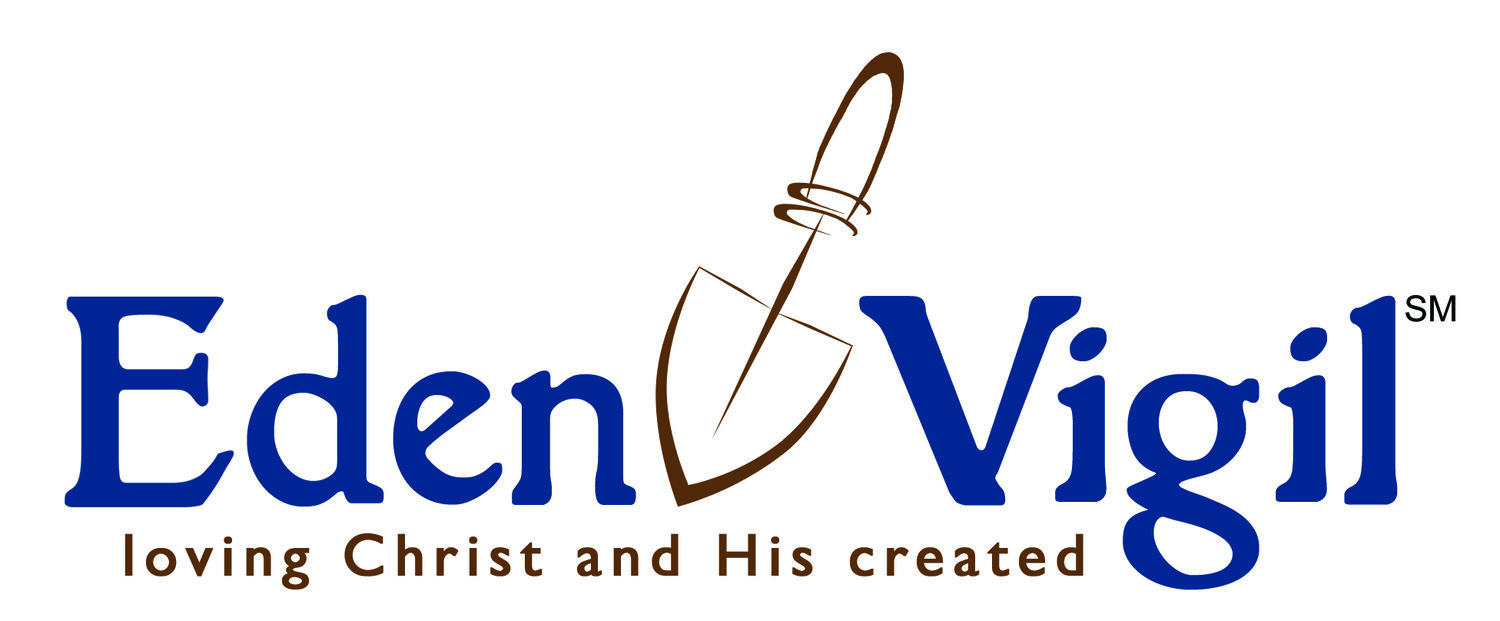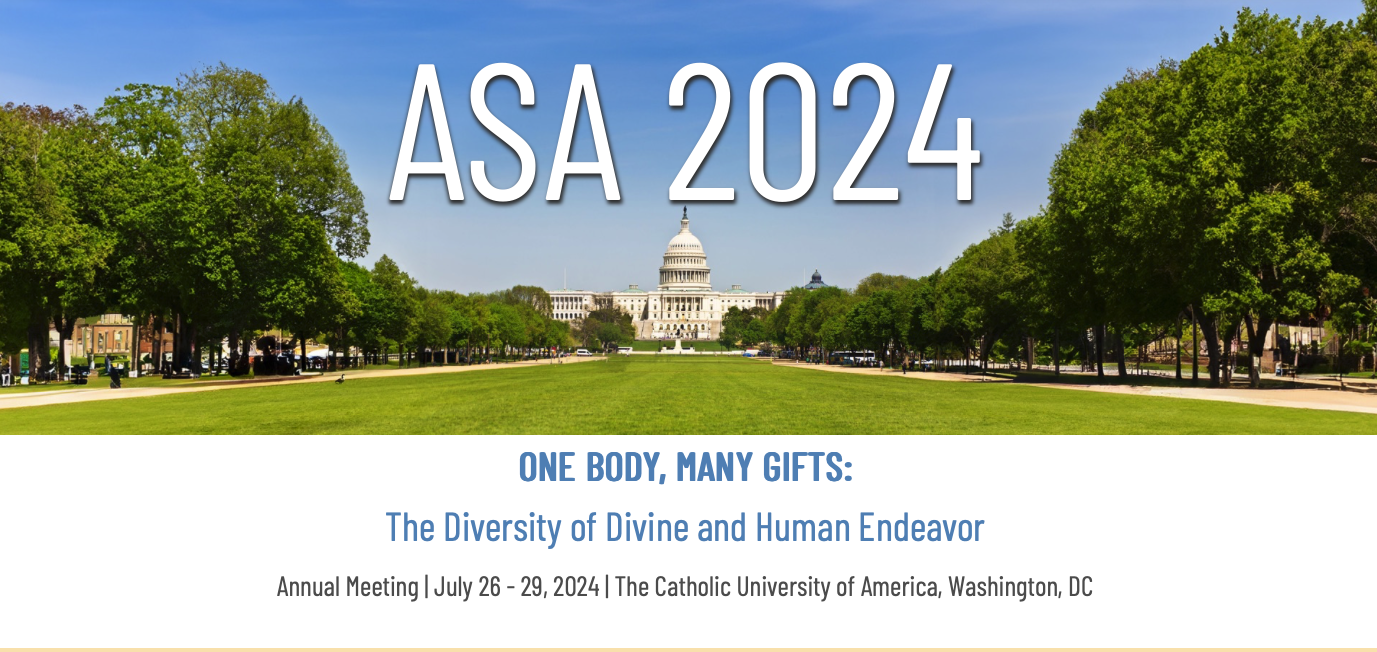Dear Colleague:
Save the Date: An all-day participatory consultation on “The Old Future is Gone”: Eco-Realism and Reimagined Faith in the New Future, at Catholic University in Washington, DC, Friday, July 26, 2024. Like many of you, we have labored for many years on behalf of Christian environmental advocacy, but of late, realistic thinking about the future of the ecological crisis—the new future, not the old one—has become profoundly unsettling and confusing for us. Hence, please consider joining us by participating in forging a new way forward.
The old future’s gone
We can’t get to there from here.
The old future’s dead and gone
Never to return.
There’s a new way through the hills ahead.
This one we’ll have to earn.
-John Gorka
The Old Future
Gorka’s lyrics served as an inspiration to Wes Jackson and Robert Jensen’s most recent book in which they write, “For all of our adult lives, the two of us have lived in a culture that assumed expansion—more people, more energy, more technology, more abundance. Hunger and poverty were problems that could be solved in an ever-expanding world. That was the future we assumed was coming. It’s time to retire that notion.” (An Inconvenient Apocalypse, 121).
We Christians are now faced with retiring not one, but two prevailing assumptions about the future. First, we assumed that the ecosystem crises we faced—even the global ones—were solvable, at least arguably so. The advance of science, the development of new technologies, the growth in awareness among the young, and the crescendo of voices from vulnerable communities all led us to expect that we could prevail in our efforts. And failing all else, we could assure ourselves of divine intervention in the end. We would—somehow—manage to salvage a global ecosystem roughly similar to the one that nurtured us, our civilization, and our species. The challenges were enormous, but we had hopes of prevailing.
And second, we Christians—acting out of love for the Creator and our fellow creatures—would be the leaders, or at least play a key role, in achieving the future flourishing of the creation. After all, we were the dominant faith tradition of the dominant political, economic, military and cultural powers in the world. Our confidence rested not only on our privileged status among the powerful—what theologian Douglas John Hall calls "the official religion of the officially optimistic society”—but on what we saw as a divine mandate to turn the whole world, if possible, into the community of our faith, a mandate coming from Jesus himself.
The New Future
Today, both of these assumptions (which we might call eco- and religious triumphalism) are in doubt as never before. The future that we must now contemplate seems to thoroughly contradict the future that centuries of official Christianity, as well as religious and secular leaders in our time, have taught us to anticipate. Despite the chorus of voices of renowned climate activists shouting down what they’ve coined as “Doomism”—that it’s never too late “to avoid the worst consequences”—we know in our bones the dread truth: that the ships bearing those cargoes of optimism sailed long ago. Many of us have too long conflated optimism with hope, to hope’s great detriment—if we hope to employ hope in the “new future”.
And while the cloud of ecological crisis hangs over everyone who is paying attention, a second cloud hangs over us as Christian environmental advocates: Our religious tribe is in steep decline in both numbers and societal respect. We are now one among many traditions in a pluralist world. Our environmental track record now names us as a major bête noireof the climate crisis. And our flirtations with authoritarianism portend a catastrophic further loss of spiritual credibility. If triumph is no longer our lot—triumph over ecosystem collapse, over competing world views, or at least over the vast majority of our co-religionists who resist our “creation care” message—what could possibly remain of our mission? How can we come to terms with this strange new world?
We’ve Got Questions
We would like your help in addressing these questions, and many others like them. For example:
If we can no longer prevent ecosystem collapse, then how do we re-order our ecological calling?
If increased hunger, mass migration, desperation, and conflict are locked into our future, what does this mean for us as Christians?
If ecosystem failures lead to societal crises, what sociopolitical ramifications (e.g. barbarism, eco-fascism) must we now prepare to confront as Christians?
If American evangelicals have retrenched into ever greater resistance to ecological reality, what then is our relationship to Evangelicalism?
If pluralism is here to stay and if the ecological crisis calls for new and true alliances among all groups, what then of Christian exceptionalism and exclusivity?
Since activist energy around climate mitigation and pastoral gifting around grief and loss will carry on in the ”new future,” how should those callings also be re-ordered? … And many, many more.
Even as everything around us is changing, we are all subject to the temptation to double down on the strategies that made sense in trying to secure the “old future.” Yet, the evidence of failure from the last two decades of record-hot years demands that we rethink these strategies and assumptions.
We’re Looking For New Approaches
What if our own framing has become part of the problem? What if we Christian activists need to change as much as anyone? We think we do. That’s why we’re asking you to join us in person at Catholic University in Washington, DC on Friday, July 26th for an all-day consultation on “The Old Future is Gone”: Eco-Realism and Reimagined Faith for the New Future. Details will follow, but we’d like to hear back if you’re interested.
A few things would probably be helpful if you are considering joining us. It might be good if you’ve been driven to bouts of despair; if you’ve considered giving up; if the old answers are beginning to sound hollow; if you’re no longer sure in what tradition you’re really welcome; if you’re curious or desperate enough to entertain radical new directions; if you’re no longer certain what “hope” really means; and if you’re scared to death for everything on Earth that you love.
We’ve experienced all of those feelings, and more, and are ready to resist the shame that others pour on our emotions. We don’t pretend to have it all figured out, and we (John and Lowell) have our own differing perspectives on a few things. But with your help, we’re going to try to feel our way forward to, as per Gorka, “a new way through the hills ahead.” It won’t be easy. “This one we’ll have to earn.” Please join us in July. This will be a participatory consultation and we will plan for some sort of finished product work.
Save the date: July 26.
Register your interest by subscribing to the six monthly newsletters we will send out in preparation for the upcoming Consultation. (Note: this does not commit you to registering for the July 26 Consultation, but can activate your participation now in clarifying and informing the discussion, as well as your decision to attend.) Subscribe here.
Please forward this e-mail to any other individuals, organizations, or institutions who may be interested in challenging the status quo with its current approach to Christian creation care.
In the love and hope of the Christ,
Lowell and John
Initiating Partner: Eden Vigil Institute for Environmental Leadership, William Carey International University
Our Consultation is grateful to the American Scientific Affiliation for administrative and venue support. Consider adding on the three days of ASA’s wonderful conference for Christians in Science. Click here.


